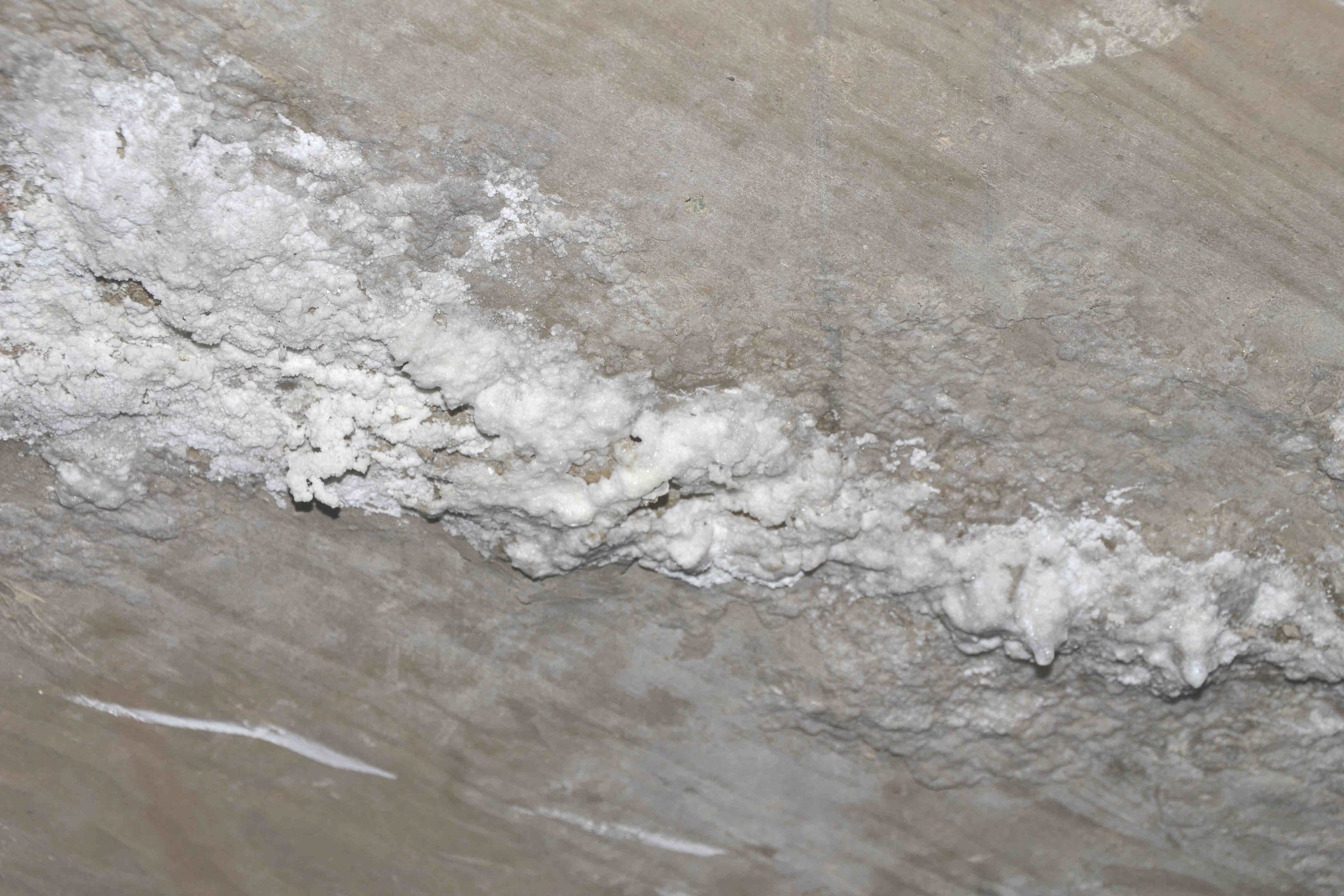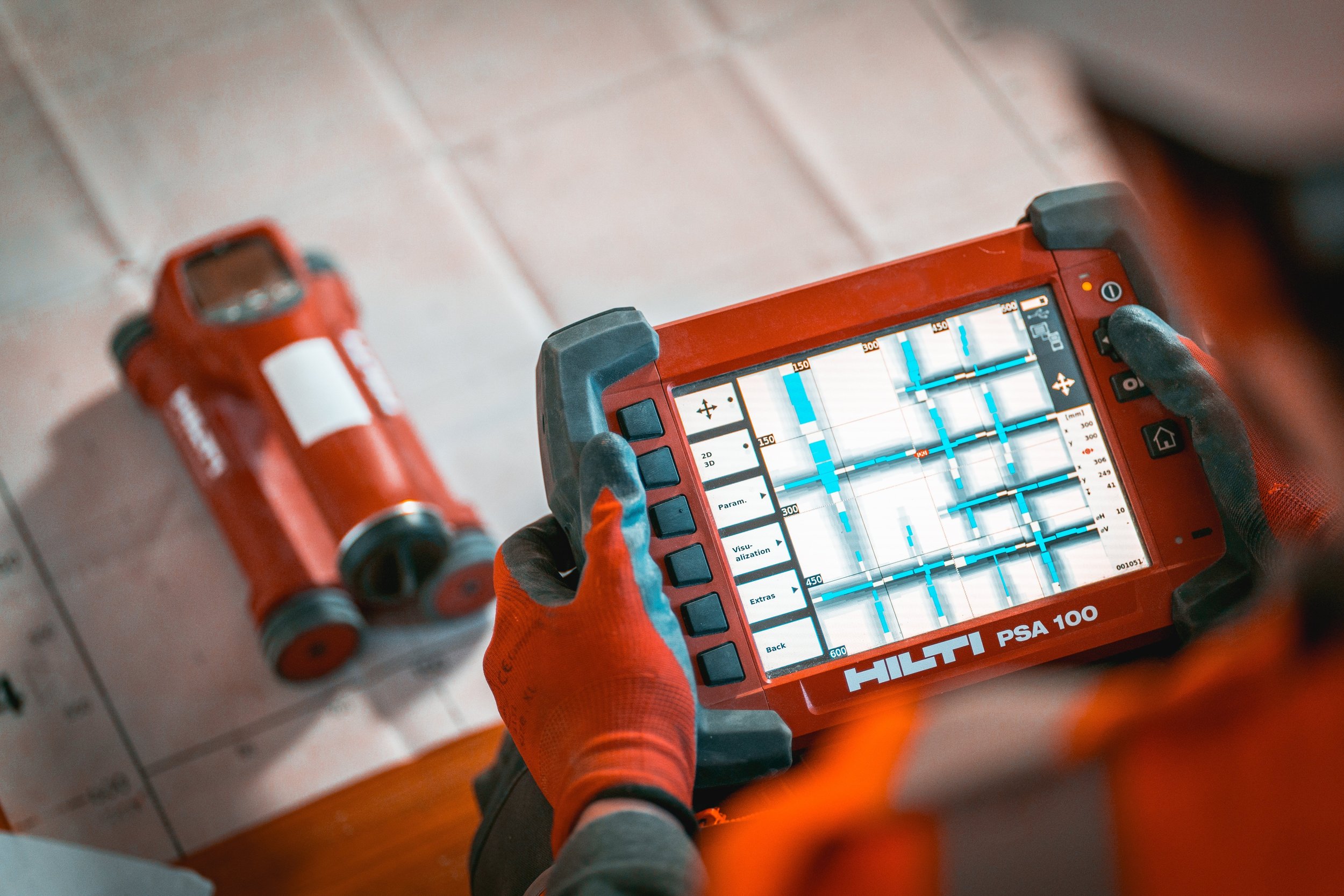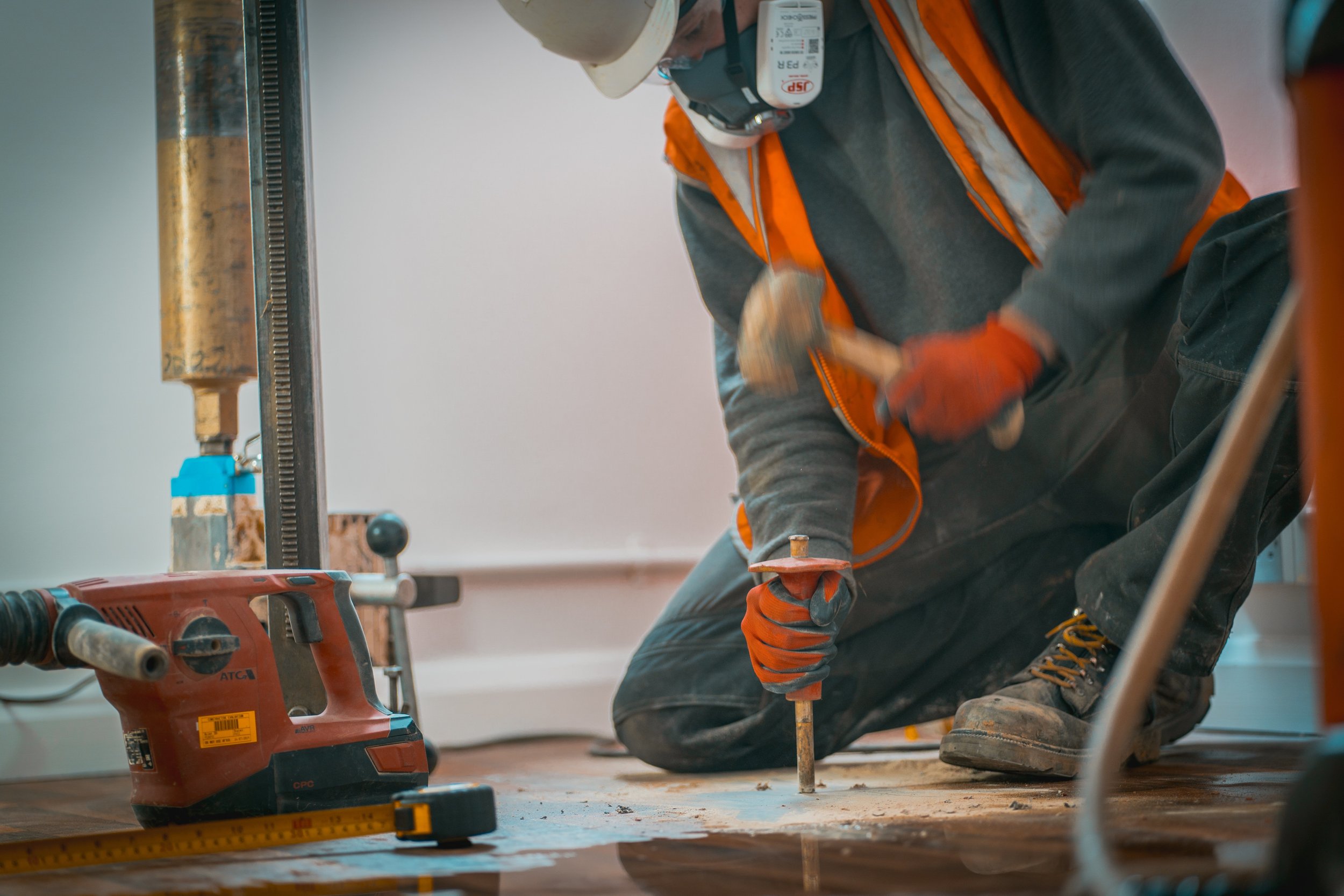
Sulphate Content Testing
Sulphate Content Testing
Sulphate attack in concrete and cement poses a severe threat to the longevity of constructions. Sulphate attack is a significant chemical reaction that occurs when sulphates present in soil, groundwater, or other environmental sources interact with hydrating cement in concrete. This phenomenon can lead to serious structural degradation, compromising the integrity and durability of concrete structures
Mechanism of Sulphate Attack
When sulphates penetrate concrete, they react with the tricalcium aluminate (C3A) and calcium hydroxide (CH) in the cement matrix. This reaction forms expansive products, primarily ettringite and gypsum, which can result in an increase in volume. The expansion associated with sulphate attack can create internal stresses within the concrete, leading to cracking, spalling, and ultimately significant structural failure.
Types of Sulphate Attack
External Sulphate Attack: This occurs when sulphates from external sources, such as soil or groundwater, invade the concrete. It is particularly problematic in regions with high levels of sulphate in the soil.
Internal Sulphate Attack: This type arises from sulphate-bearing materials that are used in the concrete mix itself, such as certain aggregates. When these materials react with moisture, they can generate sulphates that lead to degradation.
Factors Influencing Sulphate Attack
Several factors can exacerbate sulphate attack in concrete:
Concentration of Sulphates: Higher concentrations of sulphates in the environment increase the risk of attack.
Water-Cement Ratio: A higher water-cement ratio can lead to increased porosity, facilitating sulphate penetration.
Curing Conditions: Proper curing can mitigate the effects of sulphate attack by preventing excessive moisture loss, which can concentrate sulphate ions.
Type of Cement: Certain types of cement, such as those containing high levels of tricalcium aluminate, are more susceptible to sulphate attacks. Using sulphate-resisting cements can help in mitigating this risk.
Contact Us
Construction Diagnostics can take concrete samples for laboratory analysis. Contact us for a sulphate attack assessment or to get further information information and recommendations to achieve your requirements. Click here to read about the other concrete testing services we can offer you
Our Services
Please Click on the tiles below to find out more about the services we offer
Contact Us
If you have any queries about any of our services please contact us, a member of our team will be happy to advise.





